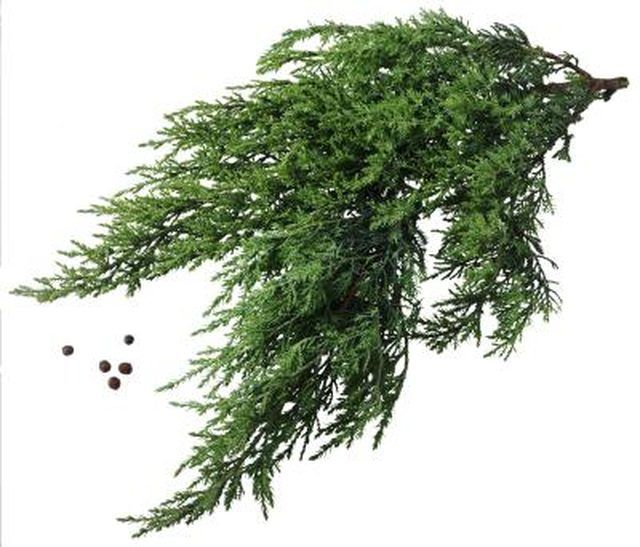Bulbs
Flower Basics
Flower Beds & Specialty Gardens
Flower Garden
Garden Furniture
Garden Gnomes
Garden Seeds
Garden Sheds
Garden Statues
Garden Tools & Supplies
Gardening Basics
Green & Organic
Groundcovers & Vines
Growing Annuals
Growing Basil
Growing Beans
Growing Berries
Growing Blueberries
Growing Cactus
Growing Corn
Growing Cotton
Growing Edibles
Growing Flowers
Growing Garlic
Growing Grapes
Growing Grass
Growing Herbs
Growing Jasmine
Growing Mint
Growing Mushrooms
Orchids
Growing Peanuts
Growing Perennials
Growing Plants
Growing Rosemary
Growing Roses
Growing Strawberries
Growing Sunflowers
Growing Thyme
Growing Tomatoes
Growing Tulips
Growing Vegetables
Herb Basics
Herb Garden
Indoor Growing
Landscaping Basics
Landscaping Patios
Landscaping Plants
Landscaping Shrubs
Landscaping Trees
Landscaping Walks & Pathways
Lawn Basics
Lawn Maintenance
Lawn Mowers
Lawn Ornaments
Lawn Planting
Lawn Tools
Outdoor Growing
Overall Landscape Planning
Pests, Weeds & Problems
Plant Basics
Rock Garden
Rose Garden
Shrubs
Soil
Specialty Gardens
Trees
Vegetable Garden
Yard Maintenance
Is it OK to Eat Juniper Berries?
Is it OK to Eat Juniper Berries?. Juniper berries are used to add color and flavoring to pastry dishes, flavored teas and even some seasonal alcohols. However, the juniper berry can be poisonous to people with a low tolerance to volatile oils, such as thujone, according to the North Carolina State University Department of Horticulture.

Juniper berries are used to add color and flavoring to pastry dishes, flavored teas and even some seasonal alcohols. However, the juniper berry can be poisonous to people with a low tolerance to volatile oils, such as thujone, according to the North Carolina State University Department of Horticulture.
Features
The fleshy part of the berry contains the oily toxins of juniper berries. When eaten in large quantities, these berries can cause diarrhea and cramps, according to the Children's Hospital of Philadelphia.
Time Frame
You will notice the effects of juniper toxicity almost immediately. Some people may not have a reaction. Likelihood of symptoms increases if you eat larger quantities of berries. Small portions of berry extract in beverages will usually not lead to a reaction.
Considerations
Juniper berries are poisonous to some people, but the poison is not lethal. Juniper berries are safe to eat for some people, but they may cause discomfort and short-term gastrointestinal problems.
Alternatives
Blackberries taste more tart than juniper berries, but they are a close substitute. Blueberries are sweeter but can also be used in most juniper berry recipes.